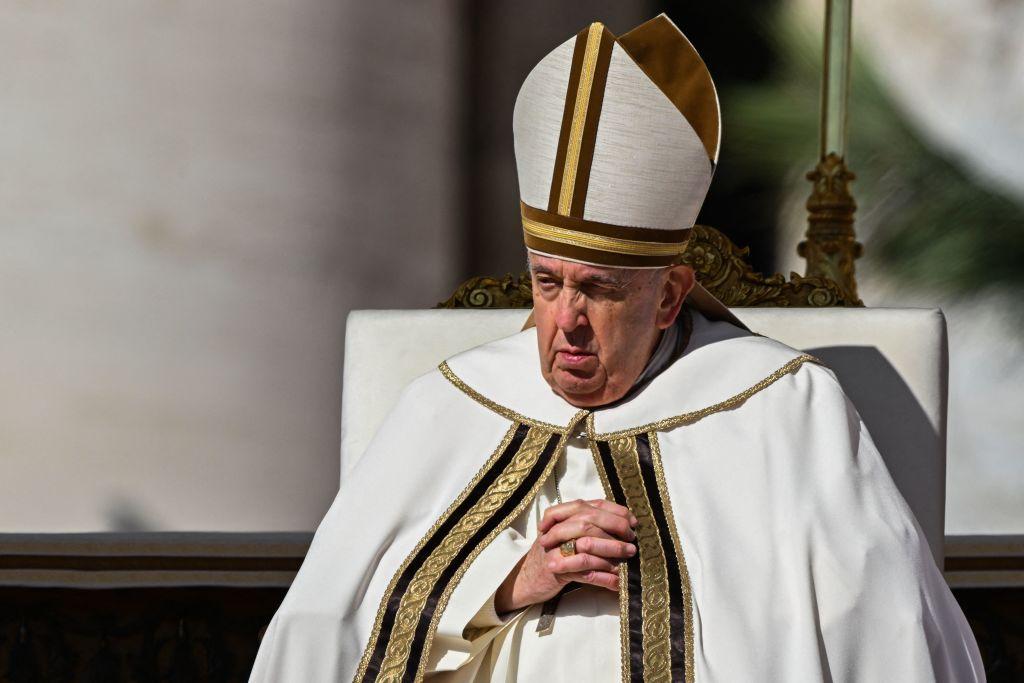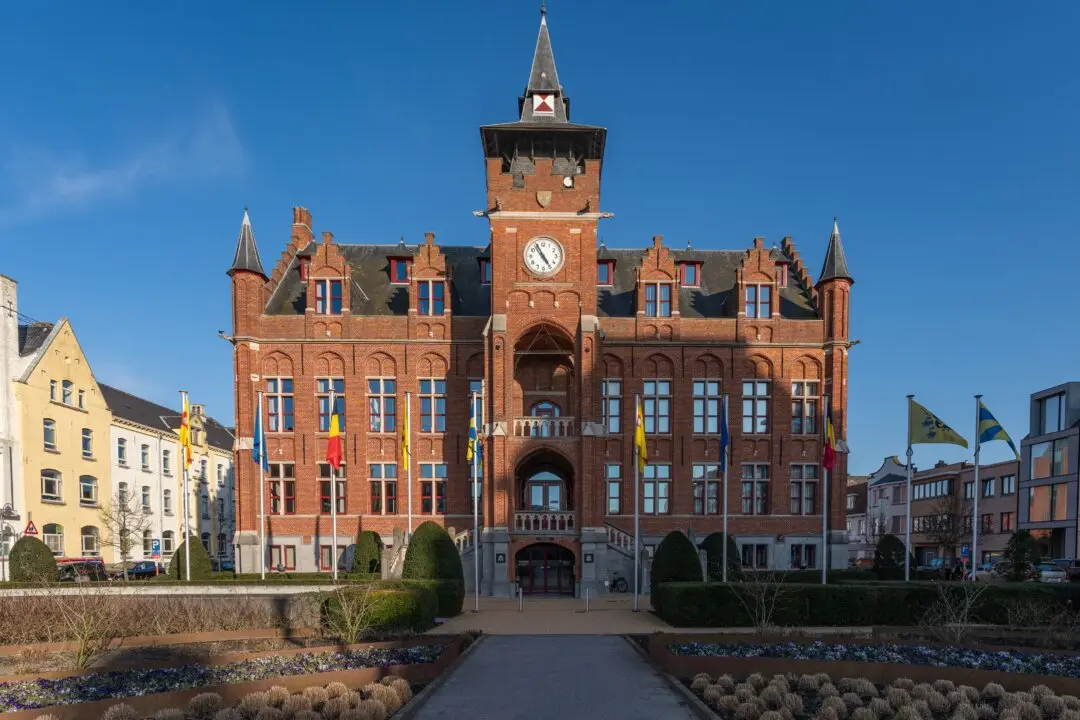Two busy weeks after issuing its document on blessings for those in homosexual relationships—“Fiducia Supplicans”—the Vatican is on the defensive as opposition from national bishops’ conferences, prominent members of the Catholic hierarchy, religious orders and associations of priests has continued mounting.
Released on Dec. 18, 2023, “Fiducia Supplicans” exemplifies Pope Francis’s approach to doctrines that Catholic theology considers infallible (unable to be changed even by a pope or council of all bishops) but with which he is uncomfortable—in this case the doctrine that homosexual acts are serious sins.




